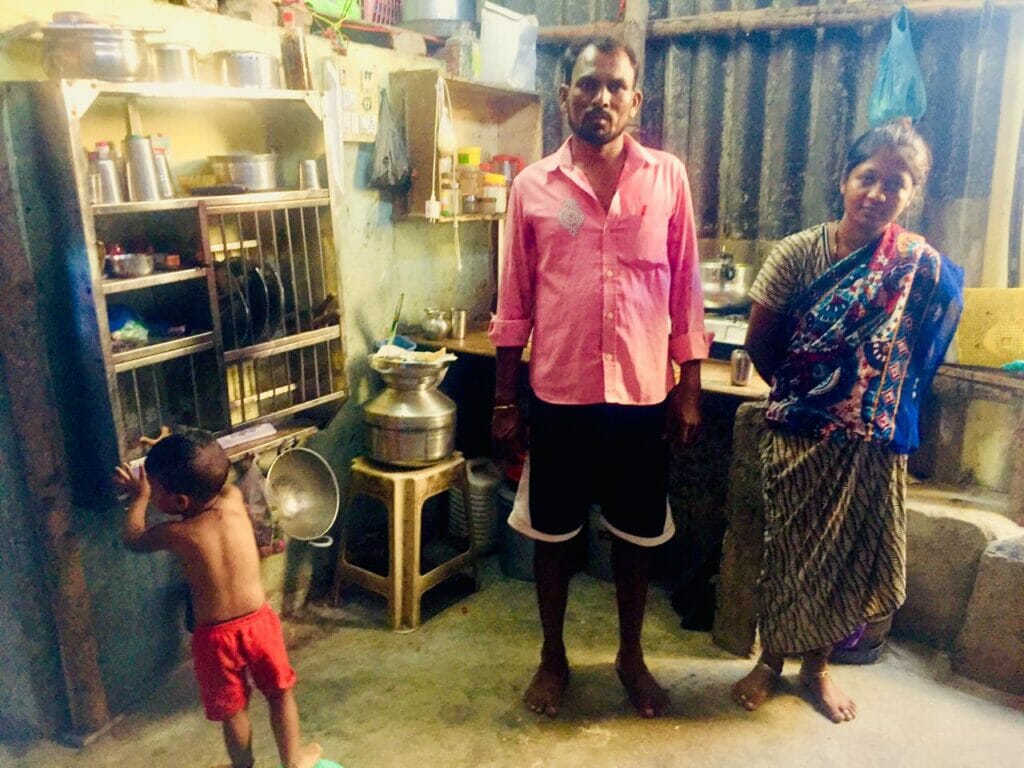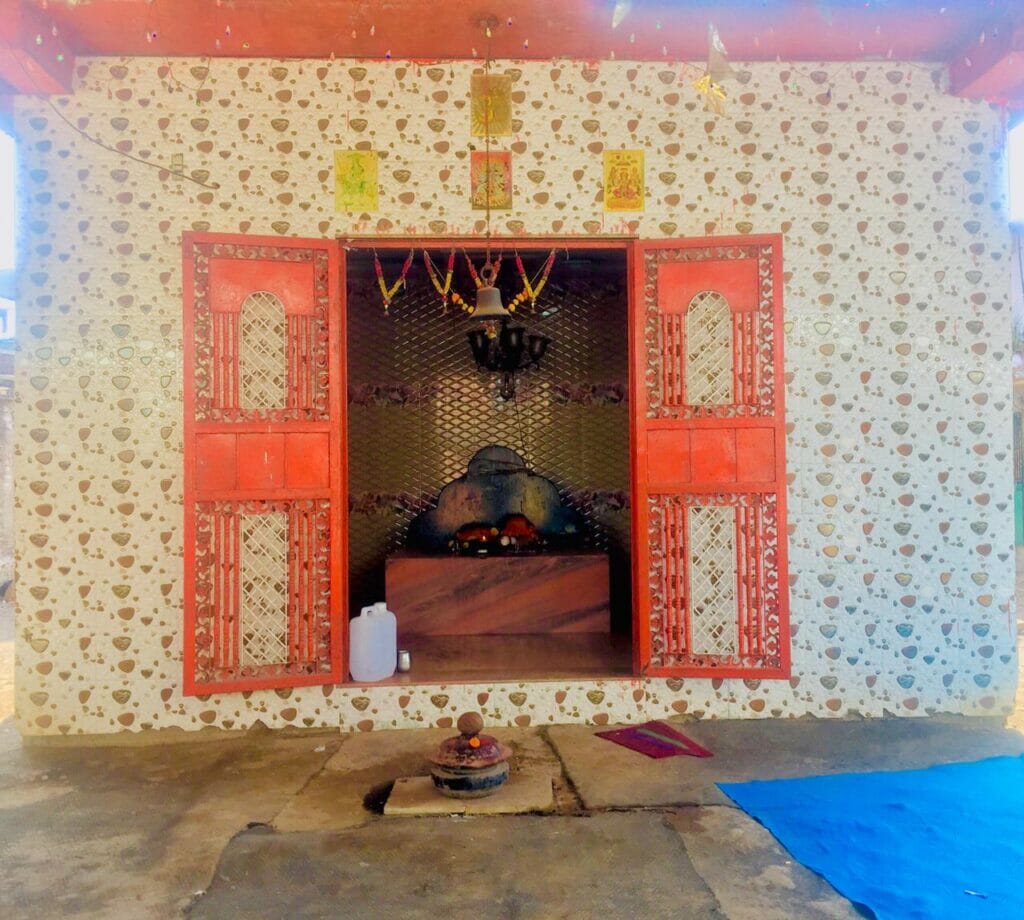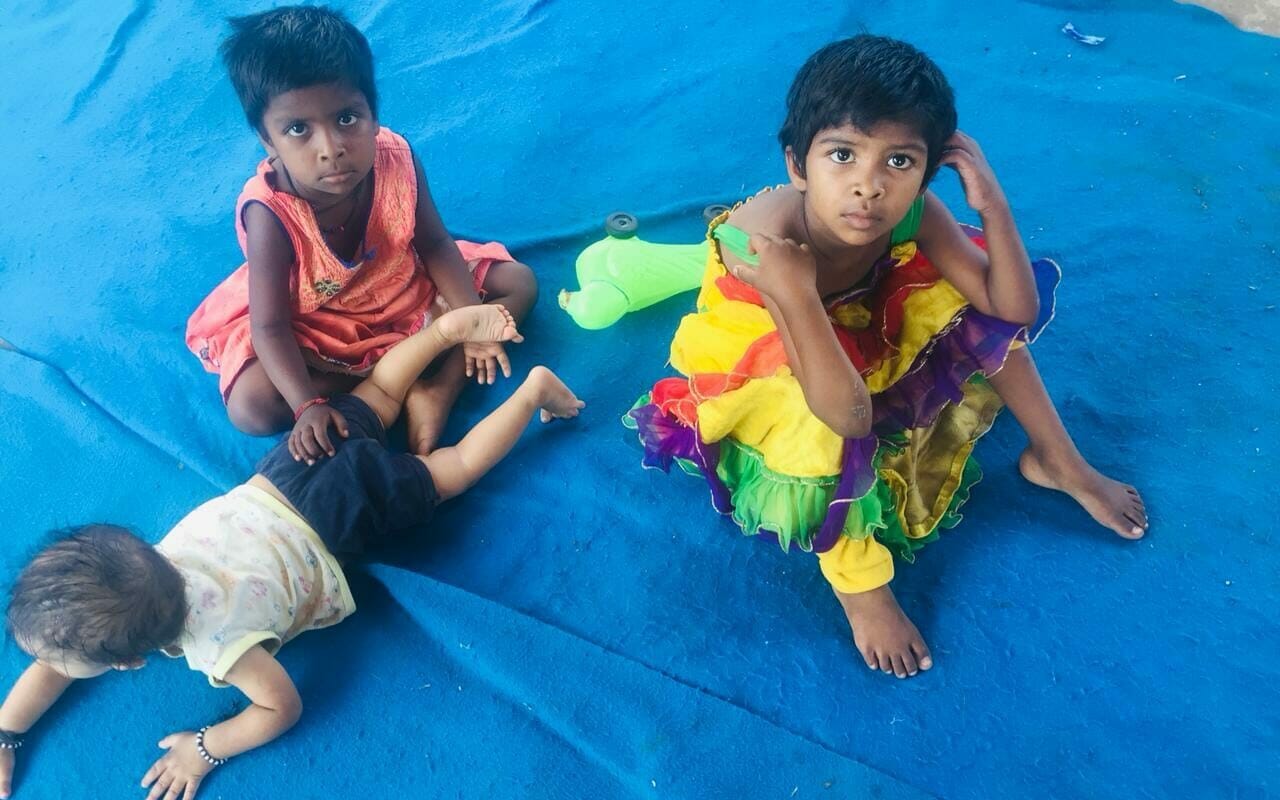Earlier this month, when 48-year-old Pralhad Kale parked his rickshaw near his residence in Ambujwadi, he noticed an unattended shovel kept on the road next to a hole that was being dug. When he picked it up and kept it aside, a police constable came swaggering, assuming that Kale was the man digging the hole as he looked like a member of the Pardhi community and snapped at him saying, “Just by looking at your face I can tell the number of criminal cases registered against you.”
Pralhad felt infuriated but controlled his anger and informed the cop that he wasn’t a labourer and the man digging the hole was sitting on the opposite side of the road, drinking tea. The cop did not bother to listen to Kale and went on bullying him while he stood there doing nothing, with the fear of being taken to the police station.
“Unka dekhneka nazariya alag hota hai” (they look at you differently), says Kale, while narrating the incident.
The label ‘tadipar’ invokes a criminal identity along with discrimination, which the Pardhi tribe living in Ambujwadi, Mumbai have been struggling to discard for decades. Stigma coupled with the lack of education has essentially deprived the community of livelihood options. The community members sell cheap handicrafts, flower garlands and other items at traffic signals while most of the young ones can be seen begging to survive in the city.
Pardhi community has settled in states such as Madhya Pradesh, Chhattisgarh, Gujarat, Rajasthan. However, a deeper look into the lives of a section of this tribe that settled in Mumbai decades ago, brings to light the struggle of 500 families in Ambujwadi for basic necessities like water and electricity.
Origin of the criminal tag for Pardhis
Pardhi means ‘hunters’. The members of this tribe, dating back hundreds of years, were experts in ancient weaponry like bows and arrows, sword fighting, and hunting. In 1871, during the colonial rule, using their skills, the Pardhis along with 150 other tribes participated in a revolt against the British Empire. To suppress these tribes, the British passed the Criminal Tribes Act and branded these tribes as criminals from birth – giving the police the power to arrest them blindly.
The tribes were outcasts and lived in camps outsides the villages in extreme poverty. “I’ve heard my grandmother talk about stories of our ancestors who were cast out. They would hide in the fields of rich landlords, who would make them steal from the British and other wealthy people in exchange for shelter and food grains,” said Siddukissan Pawar, 65, while reminiscing about his grandmother’s tales.
The Act was finally repealed in 1952, and they were denotified but this community still lives with a criminal tag that refuses to go away. In addition, till today there has been no concrete political intervention or policies made for the welfare and development of this community.
Impact of stigma
The police and people in general, continue to treat this community as criminals even today.
“This has a major impact on their lives – if there is a crime occurring in an area near a Pardhi settlement, the members of the community get taken into custody by the police under suspicion, while most of the time they are innocent,” says Vijay Raghavan, Professor, TISS (Tata Institute of Social Sciences) and Project Director, TANDA, a field action project of TISS working on rights and entitlements of nomadic and de-notified tribes.
They also face difficulties in acquiring work. In villages, they are not given any work or paid low wages which forces them migrate to cities. Also, due to their nomadic way of life, they do not land or permanent housing. They find it difficult to get caste certificate which is necessary to avail the benefit of government schemes. They are categorised under SC/ST category in different regions or states but most of them find it difficult to prove their SC or ST status, which is why they don’t get their caste certificate, explains Vijay.
They spend lot of their money on legal expenses and bribing the police so that they are not taken into custody. “Women from this community spend a lot of their time chasing their husbands in jail and going for court hearings. However, those tribes that have been able to settle down in a particular place and have a political representation, their lives have improved drastically,” added Vijay.
Pardhis of Ambujwadi
Over three decades ago, during a drought season in Solapur district, some members of the Pardhi community from that region moved to Ambhujwadi in Malwani area of Mumbai where they have been residing since then. Three groups of this community live together – identified by their last name – Kale, Pawar and Chouhan. The heads of all three families come together in a panchayat formed by the community that hears the issues of the people and attempts to resolve them.
They have a temple situated in the middle of the settlement dating back to their first arrival at Ambujwadi. The area around the temple is where the panchayat meetings and other social gatherings including festivals and prayer meetings are held.
Post Shravan (month in Hindu calendar, around August), this community celebrates their main festival of the year called Akaad, for which they call a priest from outside of town, who conducts the pooja and also does counseling for the people. “We mostly worship Goddesses like Laxmi, Kali, and Amba. Also, we do not believe in the concept of dowry, in fact as a gesture, the husband gives Rs. 125 to the father of the bride after the wedding,” says Kale.

Surviving on seasonal business
Most of the Pardhis of this settlement make and sell ‘Nimbu-Mirchi,’ which according to many Hindus, is considered as a remedy to keep the house and business safe from bad spirits and evil eye. The Pardhis also buy and sell wholesale products at traffic signals according to the festive season. During Christmas, most of them are seen selling Santa hats, while during Diwali and Independence Day, they sell lamps and miniatures of the Indian flag.
“I remember playing with a wooden toy that I was fond of during my childhood. It was made and sold by the Pardhi tribe members of Ambujwadi,” says Shahenshah Ansari, a volunteer at a non-profit called YUVA which helps this community.
Some of them, however, take up begging for food and money. “Our community is not educated, most of them don’t even have money to start a small business. As embarrassing as it may sound but yes, some of them do beg on the streets and make their children indulge in the same,” says Pawar.

Present stay and past evictions
Even though this community has been living for over three decades in the area, their settlement along with the surrounding slum in Ambujwadi witnessed electricity for the first time in 2015. The first water pipeline was set up just three years ago in 2020. “Before that, we would go on cycles with cans to bring water for our daily use. It was very difficult to survive, but we managed,” says Kale.
This community is also under the constant fear of eviction and has been victim of previous eviction drives by the government. After every eviction, they would live in make-shift houses and tents, and later rebuild the settlement again. “We don’t leave after our homes are destroyed, there is nowhere else to go. This is our home,” says Pawar.
Read more : Voices of the women of slum resettlement in Mumbai
Discriminated even within the slums
Along with this tribe, there are several other communities residing within the Ambujwadi area. The tribe has been the victim of an underlying caste discrimination even today. The YUVA volunteers teach extracurricular activities to all the children of the slum at their center, however many children resist getting acquainted with the Pardhi children. “Sometimes even the parents do not feel comfortable sending their children, so we go to the Pardhi community settlement and teach the children there,” said Ansari.
YUVA also keeps the tribe members informed about government schemes and other benefits for the scheduled caste.

Measures to assimilate Pardhis
Vijay says that policy measures are required to ensure genuine assimilation of the Pardhis. The community should be provided with land and housing which will remove the ‘illegal’ tag and make them legal citizens. This must be followed by provision of all the documents, based on the permanent residence, which they are entitled to receive, like the Aadhar card, voter ID, caste certificate, and even bank accounts. These documents will then help them avail of government schemes provided based on their caste certificate, Vijay explains.
Education for the children is a crucial factor for betterment of Pardhis. They are not familiar with the Marathi language because their dialect is different, so they would need special coaching so that they don’t drop out.
However, the most urgent requirement is engagement with the police. There should be sensitisation regarding such tribes during the police training programs. Moreover, senior officers taking action against police personnel who behave brutally towards such communities will also help in bringing a change, says Vijay.
Breaking stereotypes
“I want my children to be educated and break free from this stereotype,” said Haribirbal Chouhan, while smiling proudly at the pictures of his sons in a school uniform at a recent event in their school.
He could barely get an education because he had to earn money to run the family but wishes to see his sons become successful in their professional careers. “I am not sure if the government will ever get any policies for us, but I know that through education we could slowly dissolve the criminal tag.”